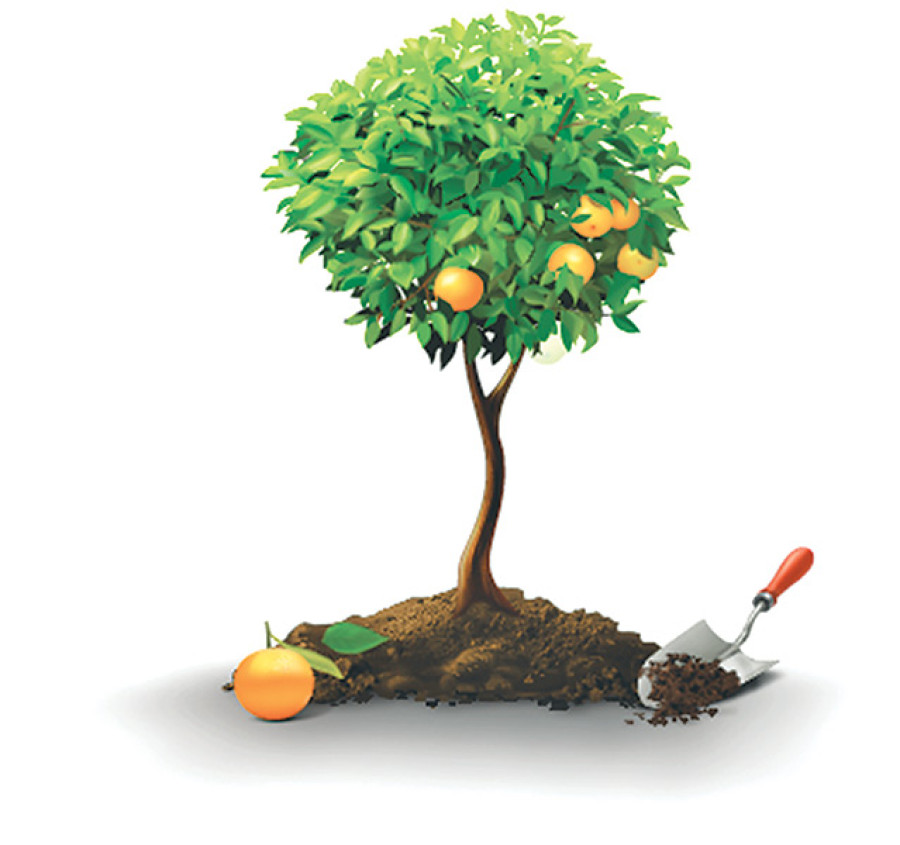Tue, Mar 3, 2026
National
Govt makes a pitch for low-risk bio-pesticides
The government has started promoting production of bio-pesticides, considered to be relatively safer to humans, in a bid to reduce massive consumption of harmful pesticides in the country.
bookmark
Published at : January 15, 2018
Updated at : January 15, 2018 13:40
Kathmandu
The government has started promoting production of bio-pesticides, considered to be relatively safer to humans, in a bid to reduce massive consumption of harmful pesticides in the country.
The Plant Protection Directorate (PPD) under the Department of Agriculture has been encouraging farmers to take to production of biopesticides in their communities by reducing dependency on more expensive as well as harmful pesticides.
The PPD has been running the programme by setting up Integrated Pest Management Resources Centres in seven districts-Kavre, Tanahun, Kapilvastu, Chitwan, Jhapa, Nepalgunj and Kailali.
Farmers in these districts have been producing biopesticides for their own use and sales among local groups of farmers, according to Ram Krishna Subedi, senior plant protection officer at the PPD. “The government provides equipment, training and other required support for producing such pesticides at the local level. These farmers sell and distribute bio-fertilizers among themselves at cheaper rates,” he added.
The farmers have been producing Trichoderma, NPV, Nematodes among other bio-pesticides with the use of local herbs. Out of the seven centres, those in Kavre and Jhapa have been doing better, Subedi noted. The Kavre centre has also started packing of produced bio-pesticides while Jhapa has produced nearly 400kg of bio-pesticides in the last few months.
The government endorsed a “Community Integrated Pest Management Centres Operation Workplan” this year to give a leg up to operations in these centres.
“We provide all kinds of support for a hassle-free operation of these centres which can be a game changer for healthy agricultural practices,” said Subedi.
But some of the centres are facing challenges.
Lack of proper infrastructure has been affecting the operations of some of the centres as they do not have their own building while some others have to rely on space and electricity provided by other local agencies. “Besides, many farmers are still unaware about benefits of bio-pesticides. They feel biopesticides are not as effective as chemical variants, which is not true,” said Subedi, adding that fresh biopesticides can have significant results.
The government has also been promoting mass production of bio-pesticides by providing subsidy of Rs 15 million if anyone wishes to establish a company, according to the PPD. Through these measures, the government aims to cut down on the use of imported chemical pesticides worth millions of rupees.
According to the Pesticide Registration and Management Division (PRMD) data, the country has been importing in excess of thousand tonnes of pesticides annually between Fiscal Year 2012/13 and FY 2015/16, spending over Rs 2.2 billion per annum over the period. The country imported 574 tonnes of pesticides with active ingredients—main poisonous substance in the pesticides—last fiscal. “We want to replace the use of chemical pesticides with home-grown biopesticides, which are comparatively cheaper and safer for public health,” added Subedi.
What are Bio-pesticides?
Bio-pesticides are certain types of pesticides derived from natural materials such as animals, plants, bacteria, and certain minerals - EPA
- Microbial pesticides— Consist of micro-organism (Fungi, bacteria, viruses and protozoa) as active ingredient.
- Biochemical pesticides — Plant extracts, pheromones, soaps and fatty acids, natural plant growth regulators (PGR). Avermectin, Pyrethrins, Spinocid from natural products but not bio-pesticides.
- Natural enemies — Parasitoids, predators and pathogens of pests.
- Plant incorporated protectants — pesticide substances produced by plants containing added genetic material.
Most Read from National
Bus plunges into Trishuli river, 18 killed
Government declares three-day public holiday for March 5 election
Public and private vehicles banned from midnight March 4 until polling concludes
24 injured in Dhading bus accident sent to Kathmandu
Supreme Court urges bilateral Nepal-UK deal on Gurkha recruitment
Editor's Picks
Five and half decades of KP Oli in Nepali politics
How Facebook’s algorithm is amplifying one party over all others
Nepal’s IT exports near $1 billion. Can the momentum be sustained?
Parties’ lofty pledges on economy collide with hard realities
Upper house passes tourism bill with tougher Everest rules
E-PAPER | March 03, 2026
×




 9.89°C Kathmandu
9.89°C Kathmandu













